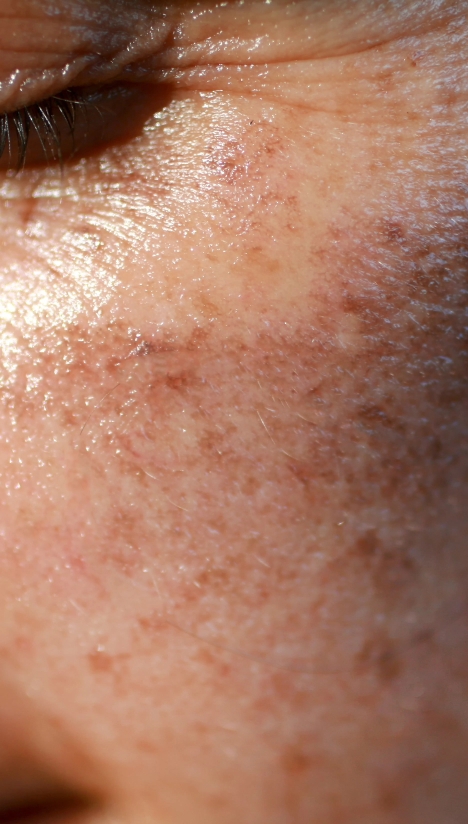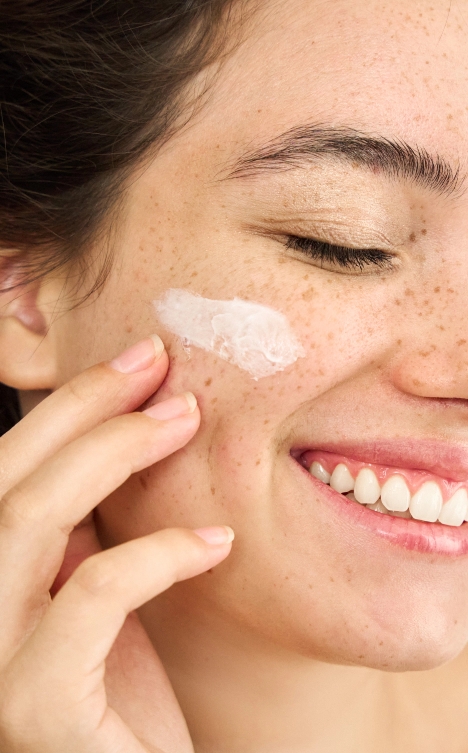Sun exposure may give the impression that acne is improving. Pimples appear less noticeable, and the skin looks more even. However, these effects are often misleading and short-lived.
Why the Sun Seems to Improve Acne in the Short Term
Several factors explain this temporary improvement:
- Tanning masks imperfections.
- UV rays have anti-inflammatory properties that reduce the appearance of breakouts.
- The skin dries out on the surface, temporarily reducing shine.
Unfortunately, this improvement doesn't last. A few weeks after sun exposure, many people experience a resurgence of acne—often more intense than before.
The Rebound Effect: When Acne Comes Back Stronger
This is known as the rebound effect. It happens when the skin reacts to UV damage through mechanisms that can trigger new breakouts ¹,²:
- Thickening of the skin: UV exposure stimulates keratin production, which can clog pores.
- Excess sebum: As the skin becomes dry, it overcompensates by producing more oil—fueling acne.
- Disruption of the skin microbiome: UV rays can disturb the skin's natural flora, making it more vulnerable to acne-causing bacteria.


Scarring and Dark Spots: A Commonly Overlooked Risk
Sun exposure can make existing acne marks worse. Post-inflammatory hyperpigmentation tends to deepen under UV light, making spots darker and more persistent—especially in darker skin tones. Sun exposure can also make acne scars more visible and slow down the skin's natural healing process¹.
How to Protect Acne-Prone Skin from the Sun
It's possible to enjoy the sun without worsening acne by adopting a few essential habits³:
- Use a suitable sunscreen with SPF 30 or higher. Choose a lightweight, non-comedogenic formula designed for acne-prone skin.
- Limit sun exposure during peak hours, from 10 a.m. to 3 p.m.
- Wear a wide brim hat to protect the face.
- Cleanse the skin gently, avoiding harsh cleansers that can strip the skin and trigger excess oil production.
- Continue using an appropriate treatment like Crystaderm, a gentle solution formulated without antibiotics or benzene.
Acne and the Sun: It's All About Balance
The sun is neither a miracle cure for acne nor an automatic threat. Its short-term effects may seem beneficial, but without the right precautions, sun exposure can worsen acne in the long run. For acne-prone skin, the best approach is moderate, protected, and well-managed exposure.
Crystaderm is an antiseptic cream with 1% stabilized hydrogen peroxide. It's designed to be gentle, effective, and free from antibiotics. Crystaderm helps treat mild acne without irritating the skin. Its convenient format makes it easy to integrate into any routine. Used alongside appropriate sun protection, Crystaderm can help reduce breakouts and support the skin's natural balance.

